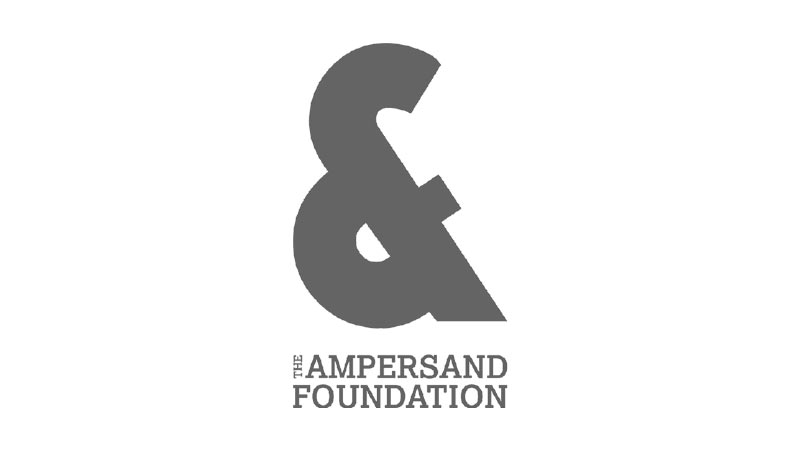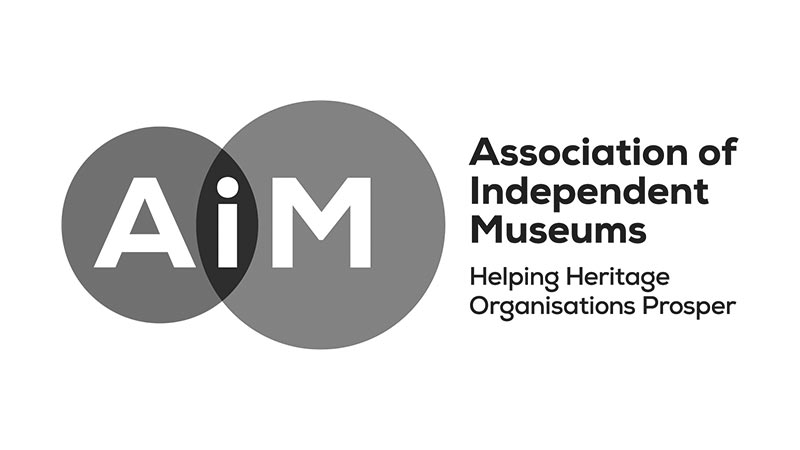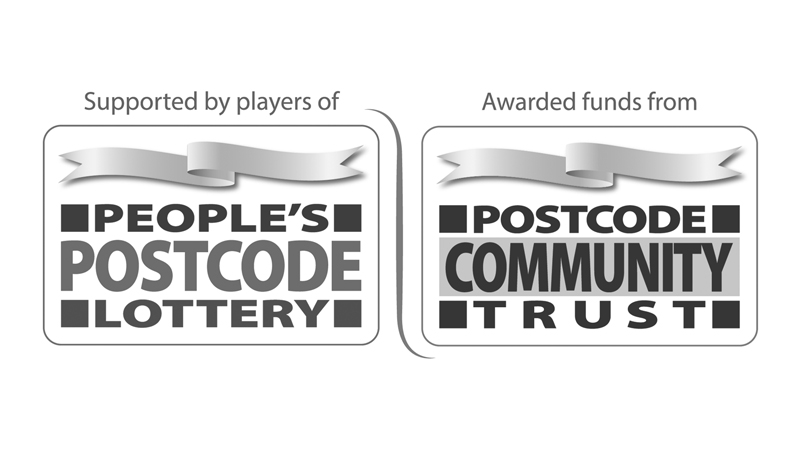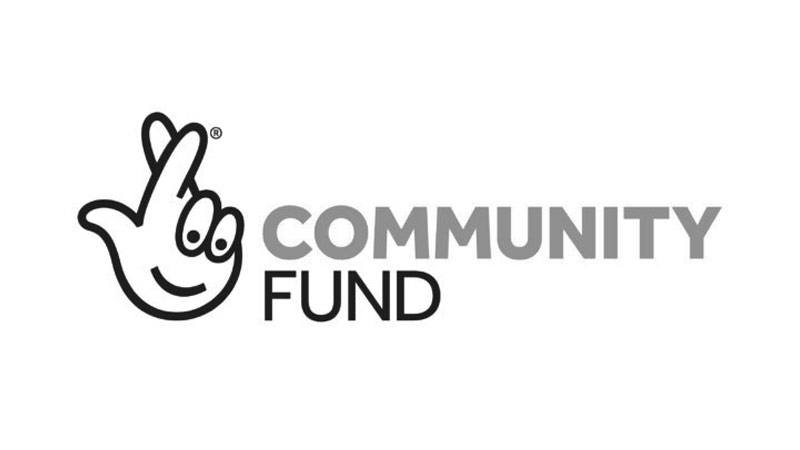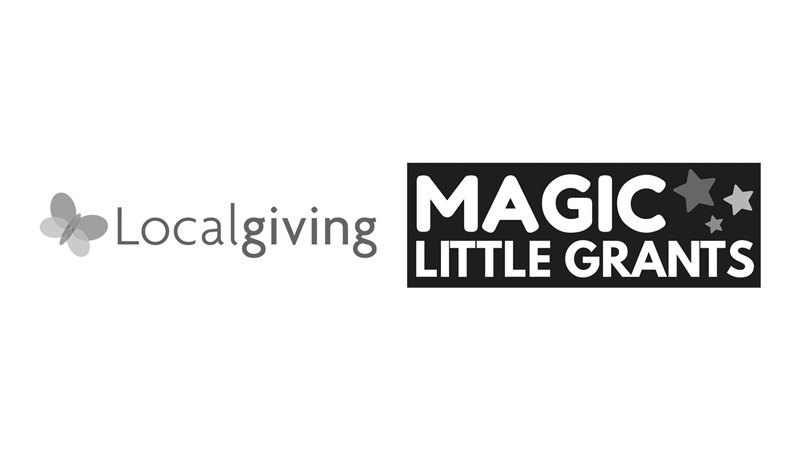You don’t know what nights are like? © Mitra Tabrizian
Mitra Tabrizian
You don’t know what nights are like?
This was originally a billboard project commissioned by the ‘Art on the Underground’ (initially as a response to the launch of the night trains). It focuses on night – time workers, with 70% migrants ,with a number of interviews made with those who work between 8 to 12 hour night shifts, to get a sense of their experience of working at night and the impact on their lives,hence the title ‘You don’t know what nights are like?’
The billboards (two images and one text/interviews) were displayed at huge scale at Southwark station on billboards for two years (2016-2018). The project stands in for a wider community of night-time workers living on the edge. The billboards being displayed in the city center, was an attempt to bring the margin to the center – to indicate the significance of the people whose work is essential to the city’s exitance – and now more than ever, considering the coronavirus crisis! They risk their lives running the infrastructure of the city in these dangerous times and still remain invisible! Whereas there are some appreciations of the nurses, doctors and frontline workers, the contributions of night- time workers seem unacknowledged/forgotten.
The Slovenian philosopher, Slavoj Žižek describes ‘the virus as “a dark shadow” that will continue to haunt us…’ – and claims that the pandemic has already resulted in “some kind of ethical progress”; from delivering an elderly neighbour’s groceries, to what he calls ‘the moral task’, currently conducted by the state ‘to alleviate suffering not to economise’. Zizek is hoping for a more balanced social division to emerge out of this crisis. If so, lets hope we value more the input of the ‘invisible others’, and the immigrants whose contributions to economy has been invaluable!
Interviews
You don’t know what nights are like?
Interview fragments from night time workers – as edited by artist Mitra Tabrizian
If you come to do the night shift it feels like you go to the opposite side, everybody’s going one side and you’re on the other one. It’s a different pace of life. Everything is quiet. Nobody stresses. But a 12 hour shift? That’s a downer!
Laura, security
When we were fighting in the jungle we had to be alert at night. The officers would have to stay up. So I’m used to it. But still in the jungle, you might be able to sleep here and there before the dawn attack, in here, you can’t.
Anu, security
Even on your day off, you still can’t sleep. It’s like your body is confused, your brain is not used to you sleeping. I’m hoping in four, five months, I’ll be done. But I thought I’d be done a few months ago, and I’m still here!
Evans, hotel night receptionist
I’m a bit of an owl. I can do night shifts. And if you have children, it’s like, the other half is on days and you’re on nights, that’s how it is. But the worst thing is not having weekends off, then you hardly see each other.
Lora, ambience inspector
People aren’t on permanent nights they have to get back to days, and that’s hard. Every time I do a night or a few nights, on the second day of trying to be ‘normal’ I feel very low. What are you doing? Where are we? Like jet lag. And I’d think, I’ll just go and see the GP. And then I think, oh no you’ve just had a night shift. Oh yes, this is my depressed day and you’ll get over it.
Nancy, midwife
I’m from Ghana, you can’t just come here and not work. You struggle but you have to do what the company expects you to do. And it’s not only one thing like sweeping and sweeping alone, you finish sweeping, there’s another thing to do, you finish that one, there’s another thing to do. Because here, you never finish!
Kwame, cleaning operative
I have my family, but I can’t say I have any friends left, because during the day, all I want to do is sleep. At times I stay in for weeks and don’t go out. I can’t remember when I last woke up and went to see a friend. Yeah, except for my family I hardly see anyone.
Jude, cleaning supervisor
We are not designed to sleep during the day and be active at night. I’ve been working six nights a week for fifteen years now. The worst part is I don’t have much connection with my family any more, as I can’t spend enough time with them.
Joe, cleaning manager
I have not done a day job for a long time, since I’ve been in this country. Yeah, I’ve not done a day job for a long time so I cannot picture how it will be, no idea. My neighbours, they won’t see me, so maybe they’re wondering; is he working or is he not working?
Kwaku, cleaning manager
I don’t go for a break because if I sit down I feel too tired to go back. And if I do, there’s nowhere to sit, no heating, no ventilation. It’s the colour of our skin, that’s what we think. That’s why we are treated like this. And six nights a week is not easy. I have problems with my wife and children because I haven’t got time for them. I wrote a letter to see if I could do five nights a week. They said, I signed a contract for six nights and they can do nothing!
Matthew, cleaning operative
Night shifts! I never request them. I actually hate them. They make me depressed. And now the Government is trying to cut the extra pay that we used to have. One night I was so tired and terrified that I might fall asleep on this shift that I had three Red Bulls and three coffees to stay awake. In the morning I started getting chest pain and I was like, oh my God, I’m actually going to die on a night shift.
Lolly, nurse
I hate nights. I think my body reacts negatively to nights, even after all these years. There’s something terrible about nights, you just feel like eating crap all the time, crisps, chocolate, you name it. You need to have a sugar rush or salt rush. It’s just because your body is asking what are you doing here, just go to bed, and you can’t. But it’s the day before that is daunting, then when I’m there, I’m there. I just do the job. The only good thing is, as a night editor, you’re on your own and make your own decisions.
Nuno, night editor, television news
I don’t like getting up to an alarm. I prefer nights to days. And I like my coffee. I’ve been doing nights for ten years. Yeah, straight from school into an apprenticeship, and then straight on to nights. It’s been hard, but you get used to it. That’s what I say to my missus – unless you’ve worked nights you don’t know what nights are like? The scary thing is driving back home. Because some of it, it’s just a blur. You get into your road, you think, how did I get here?
Craig, maintenance engineer
I can sleep standing. I can sleep on a chair. I’ve got no trouble sleeping. But I’ve got to sleep! I switch off when I’m at work which helps our situation, living in the Midlands and working in London. It works because when I’m back home, I’m days, when I’m working at nights then I don’t have the battle with my family. But the downside is, I can only see them in my day off! If I had a choice, I’ll always choose a day job. I enjoy the challenges and problem solving and mentoring my team. But my dream job is to be a game manager. In Africa, in the wild, doing safari trips. Certainly a lot different to what you get anywhere in England.
Kevin, cleaning manager
I can do nights. But the transition from night to day? That’s hard! You work overtime on Saturday day and then have to do Sunday night. I sort of think what do I do on Sunday then? Can’t do much, because I’ve got to go back to work in the eve. You cope, it’s all you can do. With my boy, he always wants to play and doesn’t realize that I’m getting ready for work, I’m a bit down and have to get my energy up. Yeah he misses out, he misses out a lot! But what can you do? You have to earn money… don’t you.
Gary, maintenance engineer
Responses
Night Walks
by Sarah Erskine
You don’t know what nights are like, my friend said.
She was brave. It went with her red hair somehow. When we were six, a boy called her carrot-top and she smashed her small, rounded fist into his nose. I remember wishing I had something to defend, something to make me strong.
It’s about re-claiming our space, she said.
I won’t give her the satisfaction of being impressed, or concerned, or warning her about staying safe. That’s what everyone does.
My friend swirls her wine and I avoid her gaze.
I am safe most nights, sitting on the sofa with Steve. But I have looked out at the moonlight, the empty road, and longed to walk. Alone.
Once, when Steve was away, I watched films until midnight and realised I hadn’t put the bin out. I dragged it down the dark drive, noticing the cool air. The night road shone gently with damp.
I let go of the bin and stepped onto the road. It felt like a victory. I walked past No.18, their recycling boxes so neat they looked like a gift for the council. The road carried me. No.14 was in darkness, the midnight garden in shades of charcoal. At No.9, where the blue of a screen flickered through the window, I told myself I had an early start and should get to bed.
The road knew I was lying. It let go of me and I scuttled home alone.
I could try again.
This is what nights are like
by Anna Giangiordano
There’s a bite to the air, crisp smoke and sharp ozone, in the darkness tonight. She’s measuring the tic tac tic tac of her heels, the tight black shoes good for interviews and funerals, to the internal hum of a bright waltz. It pushes past her throat. She has a guilty walk, a sway, as the sounds leaks into the blue air.
The ground falls away to her left, tumbling in a flurry of notes when she turns her head. Notes catch in the scrub, like seeds.
Connect with Anna
You don’t know what the nights are like?
by Amy Jasek
Darkness separates
color from form
blends fantasy with reality
makes it easier
to explain things away
maybe the click of electric sparks
is just a cricket in the wood
Walk this path alone,
learn to breathe in a vacuum:
lungs adapt to the
stifling cough of propaganda
that crinkles through
the smoke of burning pages
darkness covers,
the thick security blanket
makes it easier to forget
that the real safety
is in numbers
Connect with Amy


